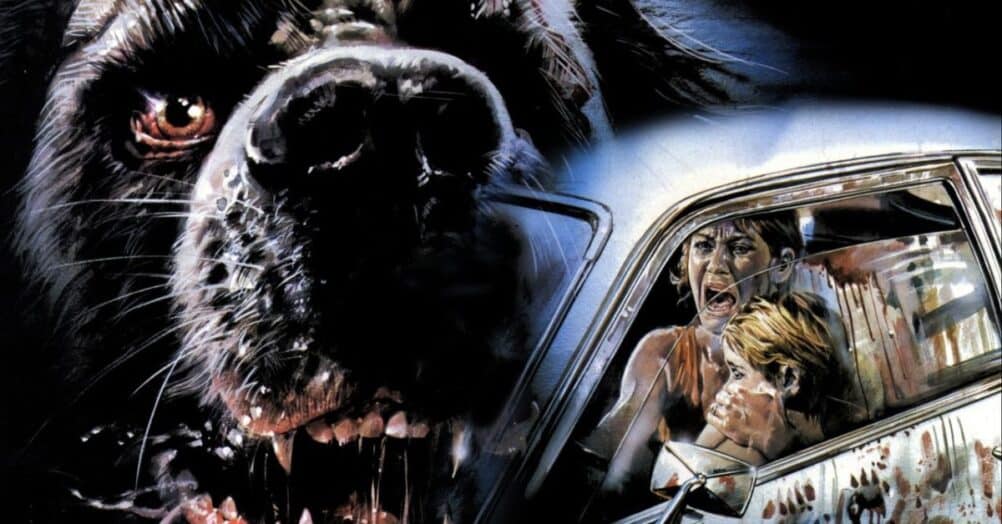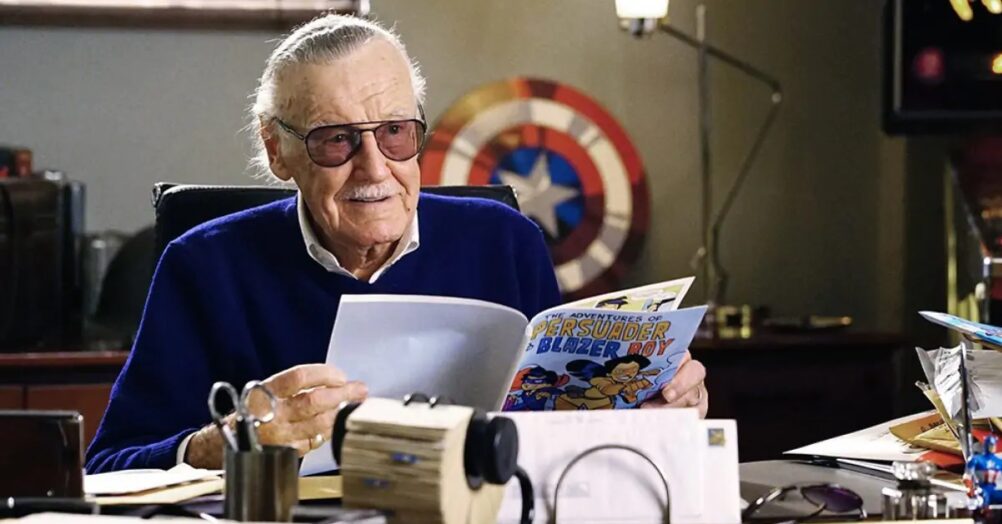You’ve probably heard the story behind the name of “Seven Bucks Productions”, and even if you haven’t, it’s a good one. After injury derailed his NFL chances, and he failed to latch on in the CFL, Dwayne “The Rock” Johnson, with not much else besides the $7 in his pocket. He returned home where, despite his father’s storied wrestling career, there was little more on offer than his loving family. Dwayne’s father reluctantly taught him the family trade, and while there was a period of wrestling shows for $40 a night, his meteoric ascendency in the world of pro wrestling as “The Rock” is nigh unparalleled.
Though he maintains tremendous gratitude and deference toward the art of pro wrestling, Dwayne Johnson has never been one to limit himself to doing just one thing, and he parlayed the fame he gained from that platform into featured roles on television, mostly playing himself or someone closely approximating himself. His magnetic charisma and natural screen presence quickly caught Hollywood’s attention.
His film debut was as The Scorpion King in the second installment of the beloved, adored, and heralded Mummy franchise.The producers were so excited by his presence and performance that they started production on a solo vehicle for him before The Mummy Returns even released. His background in choreographed combat served him well in these roles, and he says the transition from steel chairs to steel swords was a natural one for him.
The captivating presence and physicality that he honed while wrestling paired with the charming and comedic aspects of his character work therein informed his approach to the seriously underrated buddy action comedy The Rundown. His performance and the movie as a whole were better-liked by critics than by underwhelmingly low-numbering audiences. This contrasts with the narrative that would follow him for most of the rest of his career, to this point, arguably starting with Walking Tall the next year, as he’s been looked on favorably by and certainly has drawn audiences, while the movies he’s appeared in are mostly critically panned.

It’s tough to pin down exactly how Dwayne Johnson has become such a beloved movie star, even having starred in a LOT of movies that were poorly received by critics. Perhaps his inexhaustible work ethic and renown gregariousness are a double-edged sword. Maybe that’s what leads to him being less discerning about the projects he chooses to be a part of than he could otherwise be. Some of those risks are understandable and even admirable, like the sardonic take on a stranger-than-fiction story for Michael Bay’s Pain and Gain. Others are baffling missteps, like Doom or Baywatch.
Parallels with the world of professional wrestling are apt to describe Dwayne Johnson’s acting career. Wrestling programs characteristically will ride a hot concept into the ground, taking an “If it ain’t broke, don’t fix it.” mentality until a story or character overstays its welcome with audiences. Performers will play the same character for literal decades. This mirrors the prevailing criticism that Johnson seems largely unwilling or perhaps even incapable of straying from still playing minor variations on the same character in his movies. After all, it’s part of what made the Fast and Furious series and Jumanji reboot so successful. It can be said that he, as well as the movies themselves, lean into their strengths and excel rather than overextend. And, of course, it’s easy to be typecast, when you have the distinct look and persona that he does, but there are also examples of breaking that mold, even one as proximate as fellow wrestler-turned-actor Dave Bautista. Rumors abound that Dwayne Johnson’s hands-on controlling approach, as contrasted with the deferential humility of actors like Bautista, has historically dissuaded directors from giving him a chance on more nuanced roles.
Wrestling shows are also prone to overcorrecting when something doesn’t land with audiences as they expect it to. The same approach can be seen in Dwayne Johnson’s portrayal of Black Adam. One of the core issues with the film is his wooden, one-note sullen performance. Modern superhero movies endear themselves to audiences by humanizing their larger-than-life characters, but the Black Adam portrayal seems too preoccupied with making the titular character look impressive to actually make him worth seeing. Obviously Johnson’s star power and look was the selling point, but why do you cast a guy who smirked and swaggered his way into the public consciousness, weaponizing a charisma so infectious it became a cultural contagion, and then muzzle that charm behind the sullen silence of Teth-Adam?

Overpromising and underdelivering is common in the wrestling world, as well, whether in the form over overblown promotion of an event or a character who talks shit right before getting punched in the mouth. This is a lot like when Dwayne Johnson promised that Black Adam would “change the hierarchy of power in the DC Universe”. A more recent example is him convincing Amazon MGM studios to delay the release and balloon the budget of Red One, after being blown away by seeing Oppenheimer in IMAX. Johnson texted director Jake Kasdan, who endeared himself to audiences with Walk Hard and the Jumanji reboot, and said that Red One on IMAX “could be game over”.
He was right, in a way, as the holiday feature, originally intended for release straight to streaming on Prime, does nothing to take advantage of the larger format, with cheap, uninspired visual effects, unmotivated flat color palette on the primary setting, and bland sound design. These elements and the somehow both shallow and overstaying storyline translate to what I think critics are referring to when they say the movie lacks “magic” and “spirit”. The going public that have actually seen it seem to enjoy it, but there likely won’t be nearly enough of them to sniff recouping the reported $250m production budget.
It seems more and more like this is a cycle and pattern that Dwayne Johnson will be stuck in, until he decides to hang up his boots. It evokes the question of what makes a great actor. Just like he did in wrestling, Dwayne Johnson ascended to unprecedented heights as an actor, and his legendary work ethic brought him from $7 in his pocket to hundreds of millions in his bank. By measure of conventional financial success, we haven’t seen his like, and maybe never will. But I think a lot of us would like to see him flex his acting muscles, instead of just flexing his muscles while acting. Johnson’s best shot at that may be in A24’s 2025 film The Smashing Machine, which chronicles the oft-troubled life of pioneering MMA fighter Mark Kerr. It’s written and directed by Benny Safdie, who also wrote and directed one of Adam Sandler’s better dramatic turns in 2017’s Uncut Gems. Dwayne Johnson’s story is far from over, and he will have every opportunity to shape the narrative. At the end of it all, perhaps he’ll have naught to say but “You’re Welcome”.


































Follow the JOBLO MOVIE NETWORK
Follow us on YOUTUBE
Follow ARROW IN THE HEAD
Follow AITH on YOUTUBE